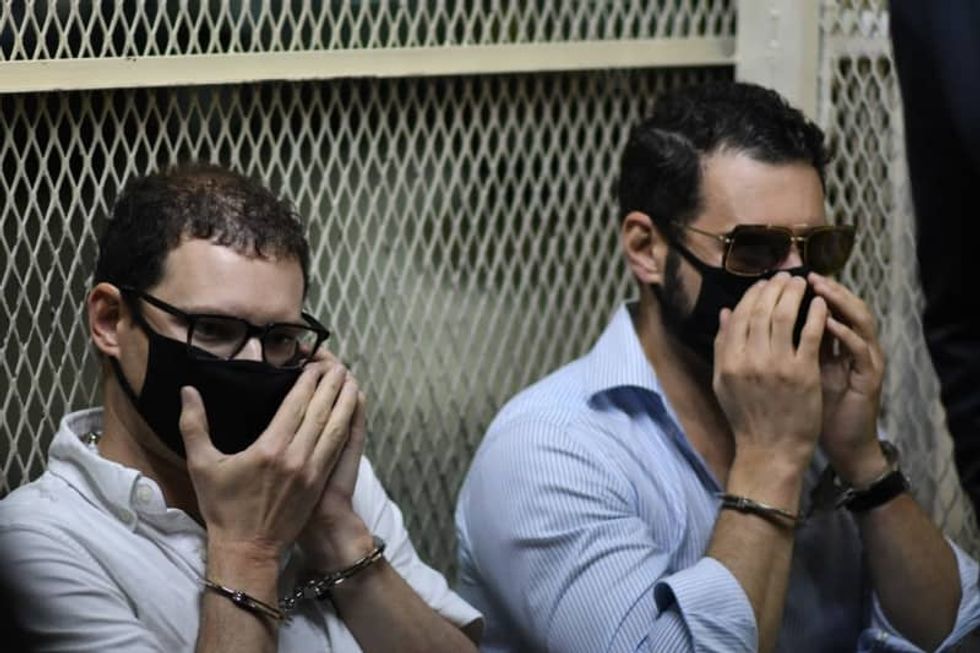'Warning!' Ex-Panamanian president's visa pulled after criticizing Trump deal
The Trump administration has revoked the U.S. visas of former Panamanian President Martin Torrijos, as well as Panamanian presidential candidate Ricardo Lombana, according to The New York Times.
Torrijos made the announcement at a news conference Monday afternoon.
The Times quoted Torrijos as saying, "I want to warn you that this is not just about me, and not just in my capacity as former president of the republic. This is a warning to all Panamanians that criticism of the Panamanian government’s actions regarding its relations with the United States will not be tolerated.”
Tensions between the U.S. and Panama have been high since President Donald Trump expressed his intentions to "take back" the Panama Canal.
However, Panama's current president, José Raúl Mulino, has been accused of capitulating to Trump by agreeing to accept "non-Panamanian migrants deported from the United States" and allowing "more U.S. troops on three former U.S. bases in Panama."
Torrijos and Lombana are just the latest international politicians to lose their permission to travel to the United States.
In April, Óscar Arias Sánchez, the former president of Costa Rica, who was awarded the Nobel Peace Prize in 1987 for crafting a plan to end civil wars in Central America, had his visa revoked "without explanation." The Times called Sánchez a "vocal critic" of Trump, who compared the U.S. president to a "Roman emperor, telling the rest of the world what to do."
Sánchez vowed that he would continue to speak out.
Also in April, Colombian President Gustavo Petro, a member of the left-wing M-19 Democratic Alliance, claimed he believed the Trump administration revoked his visa.
During a televised cabinet meeting, Petro said, “I can’t go anymore because I believe they took away my visa. I didn’t really need a visa, but anyway, I’ve already seen Donald Duck several times, so I’ll go see other things."
The State Department declined to comment on individual cases, saying only, "that a U.S. visa is a privilege, and not a right,” according to the Times.




